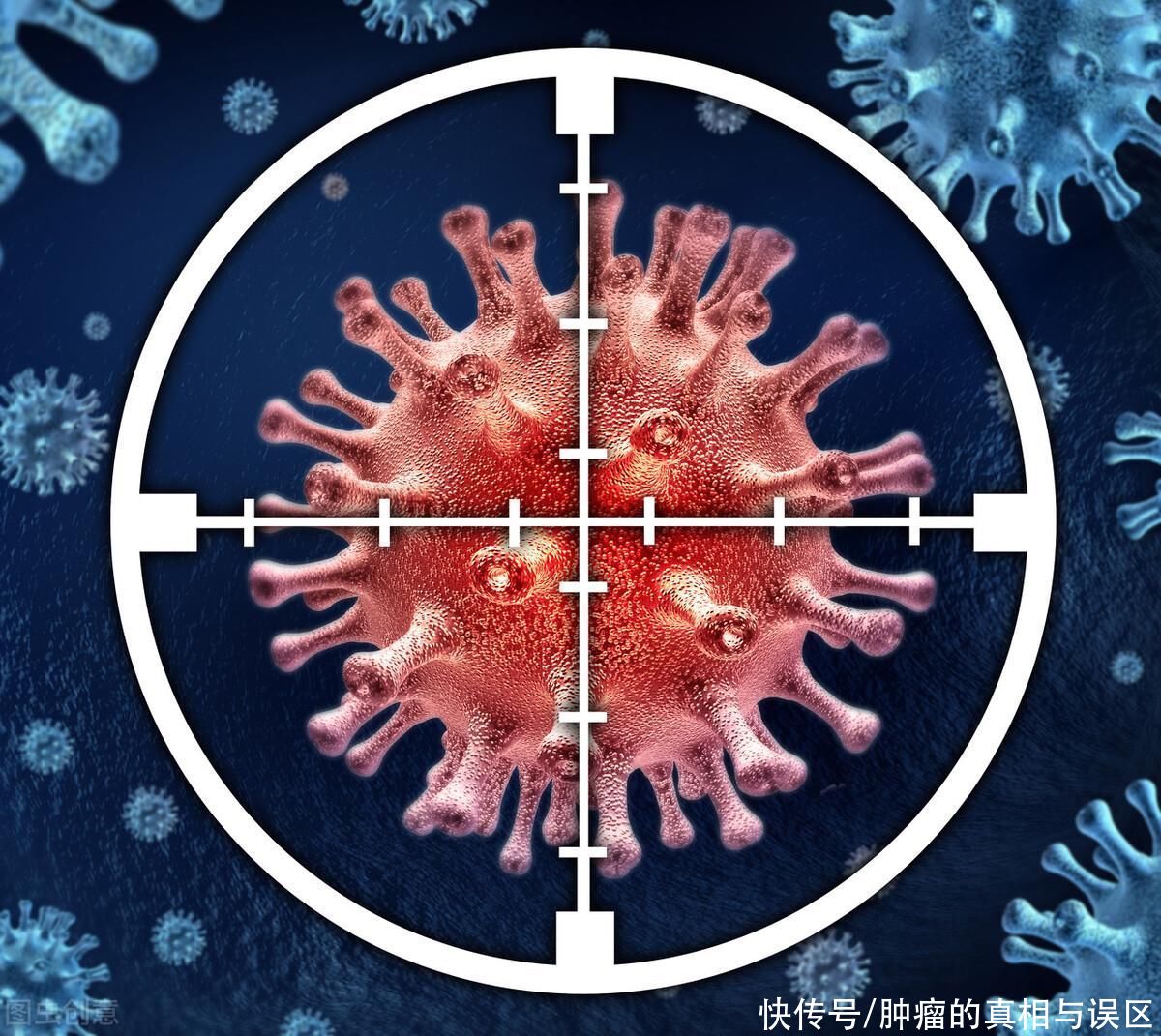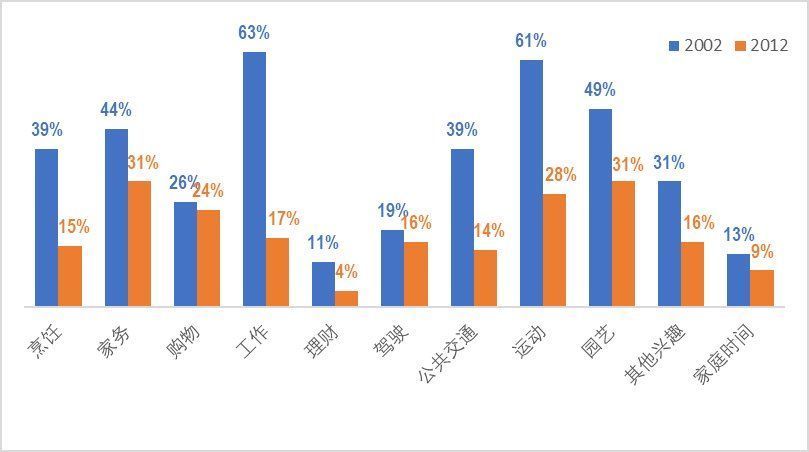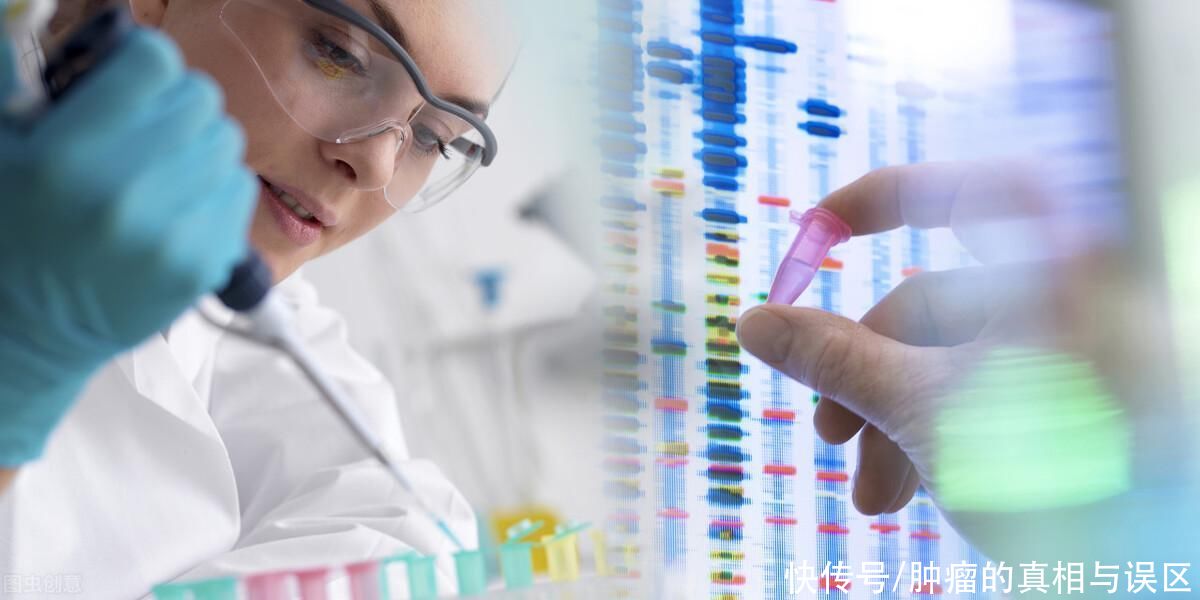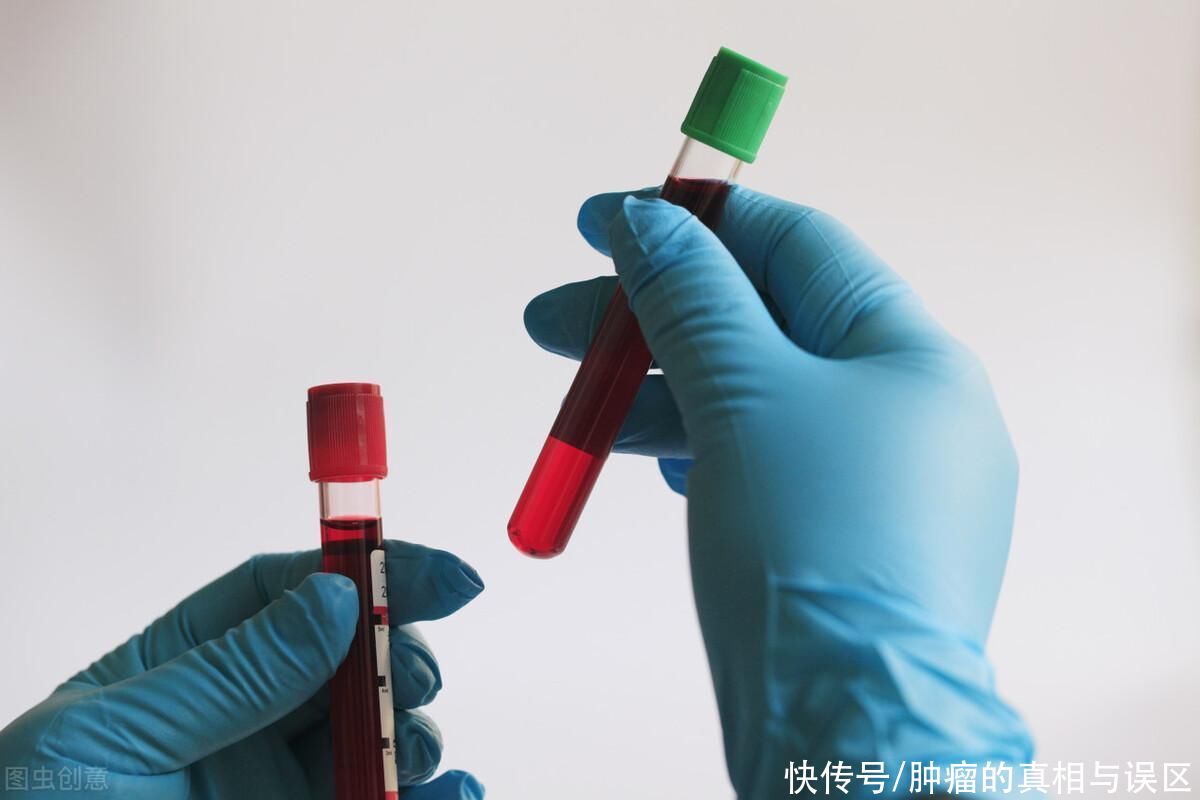When it comes to cancer, our first reaction is “life is short” and “disappointed”… This is because cancer often predicts very high mortality and poor quality of life. However, in reality, we have found that some cancer patients are no different from healthy people, with no signs of disease at all, and they are still healthy after coexisting with cancer for many years. What did they do right?

First, precision medicine makes survival with tumors a reality
Before, tumor treatment was nothing more than surgery , chemotherapy, radiotherapy, we all know that radiotherapy and chemotherapy are very harmful to the body. When tumor cells are killed, they also cause indiscriminate killing of normal cells. Therefore, patients often have great side effects after receiving treatment, such as hair loss, Vomiting, weight loss, decreased immune function, etc. The advent of precision medicine has completely changed the landscape of oncology treatment.
Precision medicine is a therapeutic strategy that precisely kills tumor cells. It firstly determines whether tumor cells have specific targets, such as EGFR mutations, through genetic testing, and then uses the targets developed for EGFR mutations. Drugs can selectively kill cancer cells without affecting normal cells. Therefore, this precise killing ability not only hits tumor cells, but also greatly reduces the toxic and side effects during tumor treatment. Greatly improve the quality of life of patients.

Taking lung cancer as an example, research data shows that the median survival time of advanced lung cancer patients has been From 8-12 months of traditional treatment to nearly 40 months [1], the five-year survival rate has increased to 19.8%, which is close to the level of the United States. And with the application of more treatment strategies (such as immunotherapy, combination therapy, etc.), it is expected to further improve.
At the same time, the patient’s quality of life has also undergone tremendous changes. According to the survey data, from 2002 to 2012, the quality of life of lung cancer patients has improved significantly, and the impact of lung cancer on the life and work of patients has decreased significantly.

Figure: Percentage of patients reporting primary functional limitation due to cancer, 2002 and 2012
2. Who are the lucky ones in precision medicine?
Precision medicine brings hope to cancer patients, but this hope is not enjoyed by everyone, because only patients with specific targets can use the corresponding targeted drugs, they are precise The lucky ones in medicine.
Take lung cancer as an example. Through genetic testing, we found that non-small cell lung cancer patients can be divided into different gene mutation types, including EGFR, ALK, ROS1, RET, MET, HER2, etc. This part of patients with genetic variation is lucky, because these targets have been approved for targeted drugs, and they can get precise treatment. These patients account for about 60% of the total number of non-small cell lung cancer patients. Other patients, on the other hand, cannot benefit from the treatment of these targeted drugs, and even taking targeted drugs may cause side effects.
This is the starting point of tumor genetic testing, to find out the lucky 60%, let them get precise treatment, and distinguish the other 40% to avoid drug abuse and misuse.
Third, genetic testing must be done! But be careful to avoid pits!
It has become a clinical consensus that genetic testing must be performed before tumor treatment. Only accurate genetic testing can guide treatment! However, there are thousands of domestic genetic testing institutions with uneven quality, and some institutions have no bottom line in order to make money. Therefore, patients must be careful to avoid pitfalls before doing genetic testing, choose the right genetic testing institution, and use the right products.

- What are the pits in genetic testing?
- Fudge patient transition detection. Tumor genetic testing is not cheap, especially whole-genome sequencing, etc. It is more expensive. Some testing institutions recommend patients to undergo whole-genome testing regardless of the actual situation of the patient, and do not miss the “clues”. However, in fact, These “clues” have no effect, and most of them have no clear clinical significance.
- False reports. Other businesses saw profits and false propaganda, but they did not actually carry out the test, and directly created a test report. As a result, the patient spent money to buy a fake report and used the fake report to guide treatment. , In the end, people and wealth are empty, and they lose money and lose their lives.
- The detection capability is not good. Several devices and a small laboratory claim to be able to perform cancer genome-wide testing. There are countless such small institutions. If patients do not do their homework well in the early stage, they may spend money and delay time, but the results are not. Nothing is detected, and there may even be disastrous consequences for the wrong treatment due to the wrong test results.
- How to avoid pits?
- Communicate fully with physicians prior to genetic testing to understand which genes are required, optional, and unnecessary , be aware of it, and avoid being fooled. At the same time, it is more secure to know the status of state-approved tumor genetic testing products and choose state-approved products for testing.
- Try to test in the hospital as much as possible, with strict quality management and the supervision of the National Health Commission.
- When you have to choose a third-party medical testing institution, you must choose complete qualifications (practice license for medical institutions, PCR laboratory certification, NGS laboratory certification, etc.), Accredited by authoritative quality evaluation agencies (CAP certification, ISO15189 accreditation, etc.), well-known testing agencies in the industry, especially listed companies or testing agencies under listed companies.

In the era of precision medicine, we have gradually changed from talking about cancer discoloration to calmly fighting cancer, and the purpose of treatment has already evolved from “extending life” to “clinical cure”. Gene testing to “prescribe the right medicine” is the way to fight cancer.
References:
1.Wu YL., Ke EE. Trends Pharmacol Sci. 2016 Nov; 37(11):887-903.
2.Dianqin Sun, et al., Chin J Cancer Res 2020;32(2):129-139
3.Rebecca L . Siegel, et al., CA CANCER J CLIN 2021;71:7–33
4. Qing-Ge Zhu, et al., Driver genes in non-small cell lung cancer: Characteristics, detection methods , and targeted therapies, Oncotarget, Advance Publications 2017